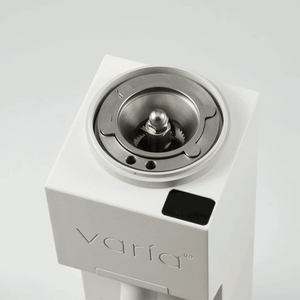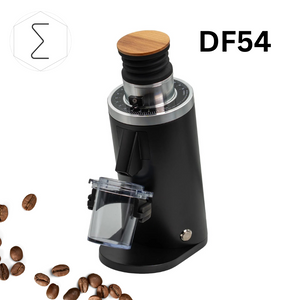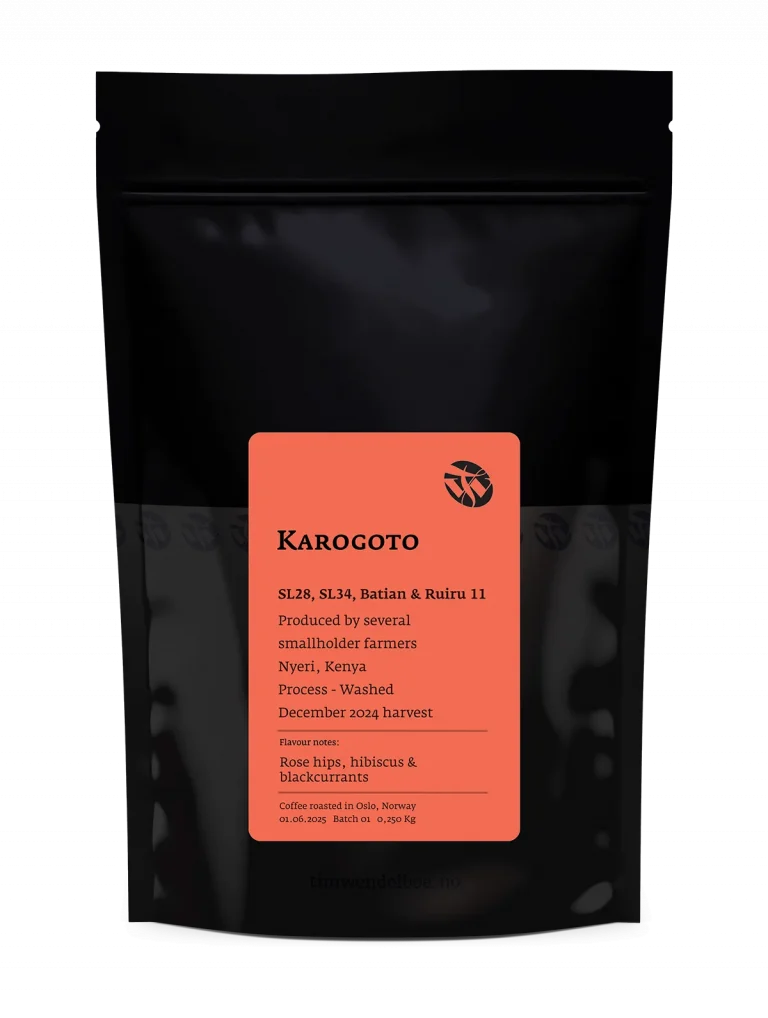Anbieter Tim Wendelboe
Karogoto - Washed Kenya
Origin - Kenya, Nyeri
Variety - SL28, SL34, Ruiru11, Batian
Producer - Several Smallholder farmers
Process Method - Washed
Roast Date (Standard 0-6 Weeks) -
Roast Date (Rested) -
Beschreibung
This Kenyan coffee from the Karogoto wet mill has a distinct and intense fruit character with refreshing acidity. Expect notes of rose hips, hibiscus, and blackcurrants.
Coffees from Karogoto consistently stand out for their clarity and vivid fruit and floral character. Much of this can be attributed to the continued cultivation of SL28 among the cooperative's members, along with ongoing agricultural training. Climatic conditions also play an important role: cool nights and moderately warm days slow down the ripening process, resulting in high sweetness, vibrant acidity, and a unique aromatic profile.
This season, Tim Wendelboe purchased two separate lots from Karogoto, each with a slightly different flavour profile. The first, released in July 2025, was deeply ripe and fruit-forward - blackberry and blackcurrant tones likely enhanced by a slightly extended fermentation. The current lot leans more toward the classic Karogoto profile: lighter body, high acidity, and bright rose hip flavour. These small but noticeable differences show how variables like cherry quality and lot size can influence fermentation time and final profile, even within a single washing station.
Picking and Sorting
Coffee cherries are hand-picked by the farmers and their families. Upon delivery to the wet mill, the cherries are hand-sorted. Ripe, high-quality cherries are separated from underripe or damaged ones and processed in separate cherry hoppers.
De-pulping, Fermentation & Washing
The cherries are de-pulped using an old Aagard disc de-pulper, which uses water and gravity to sort beans by density. The resulting parchment coffee - still covered in mucilage - is moved to separate fermentation tanks based on grade. A dry fermentation takes place overnight for approximately 12–16 hours. After fermentation, the coffee is washed in clean water and sorted again by density. Denser beans are separated from lower-density material and dried as distinct lots.
Drying
Drying is done on elevated tables. Parchment coffee is raked throughout the day for even drying, and defective parchment is removed by hand. Tables are covered during the hottest part of the day to avoid overheating, and again at night to prevent condensation. Drying typically takes 10–14 days and continues until the coffee reaches a moisture content of 10–12%. After drying, the coffee rests in conditioning bins before moving to the dry mill. All coffees purchased from Kenya are vacuum-packed before shipment to Norway.
What does 'Filter' or 'Espresso' Roast mean?
Typically filter is roasted lighter than espresso, though this is not always the case. Several factors play into what brands a Manhattan coffee as 'filter' or 'espresso', which includes the roast profile - i.e. how the beans are roasted, not just how developed a roast it is. It doesn't preclude you from using the beans for espresso though!


